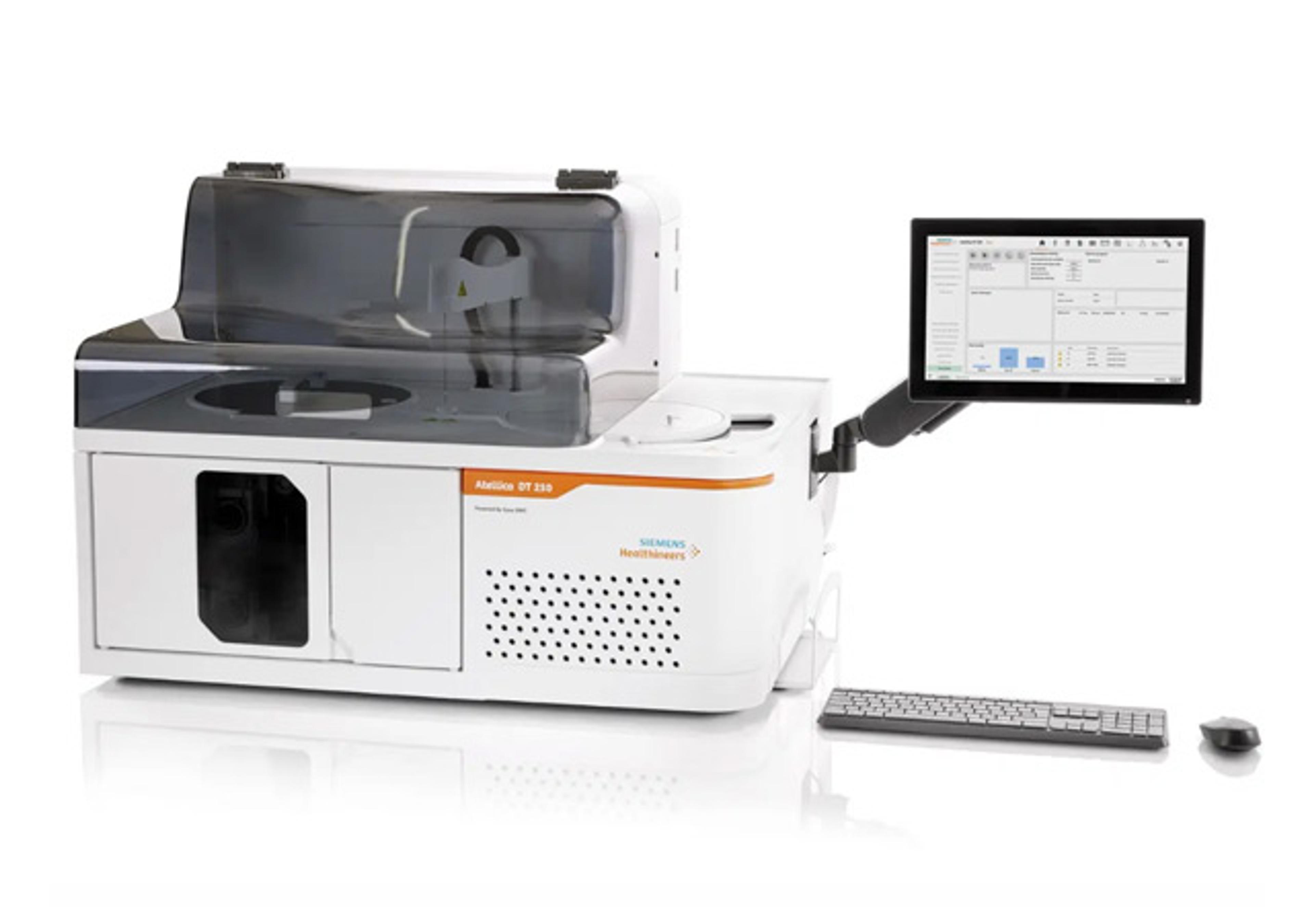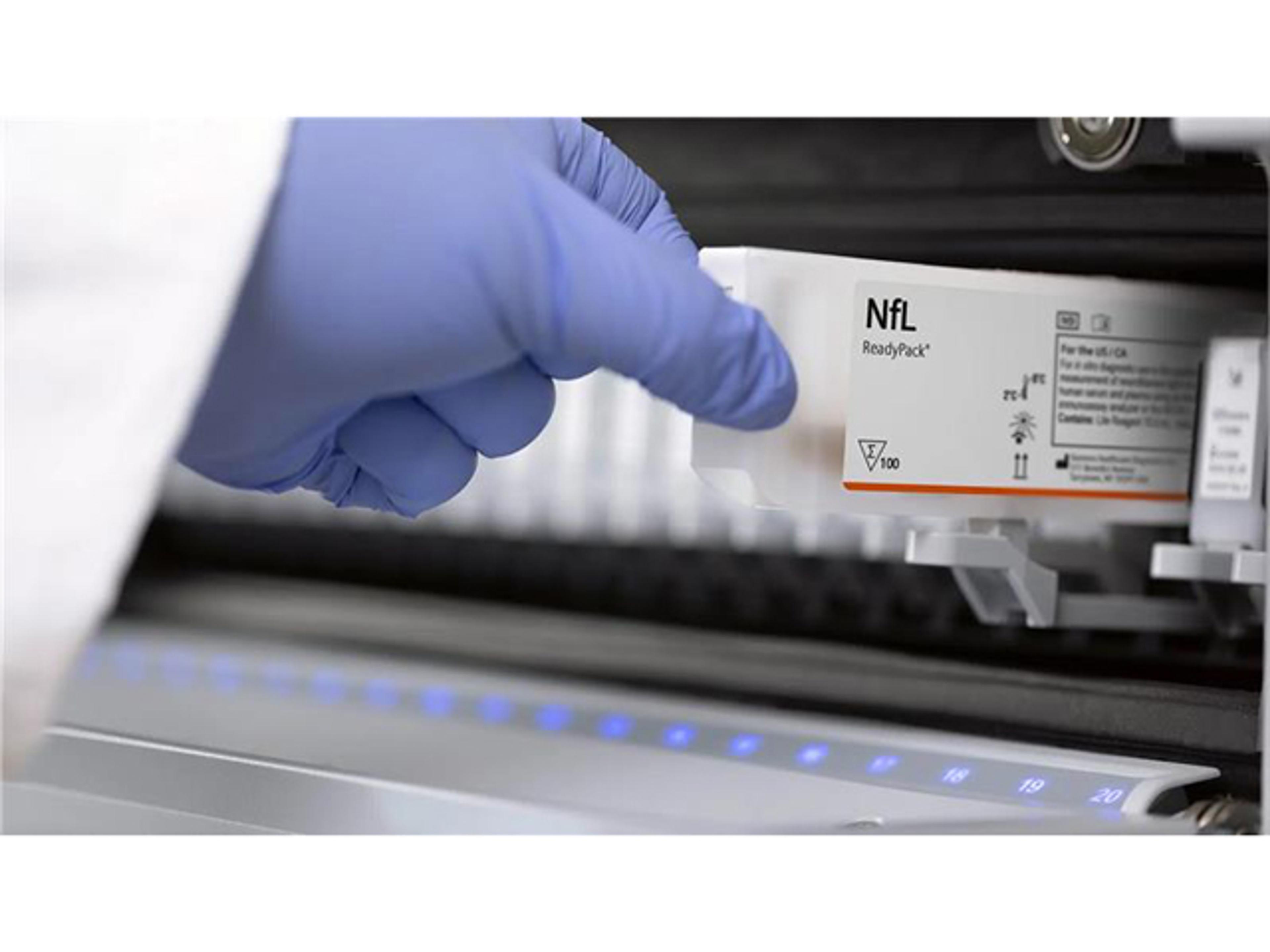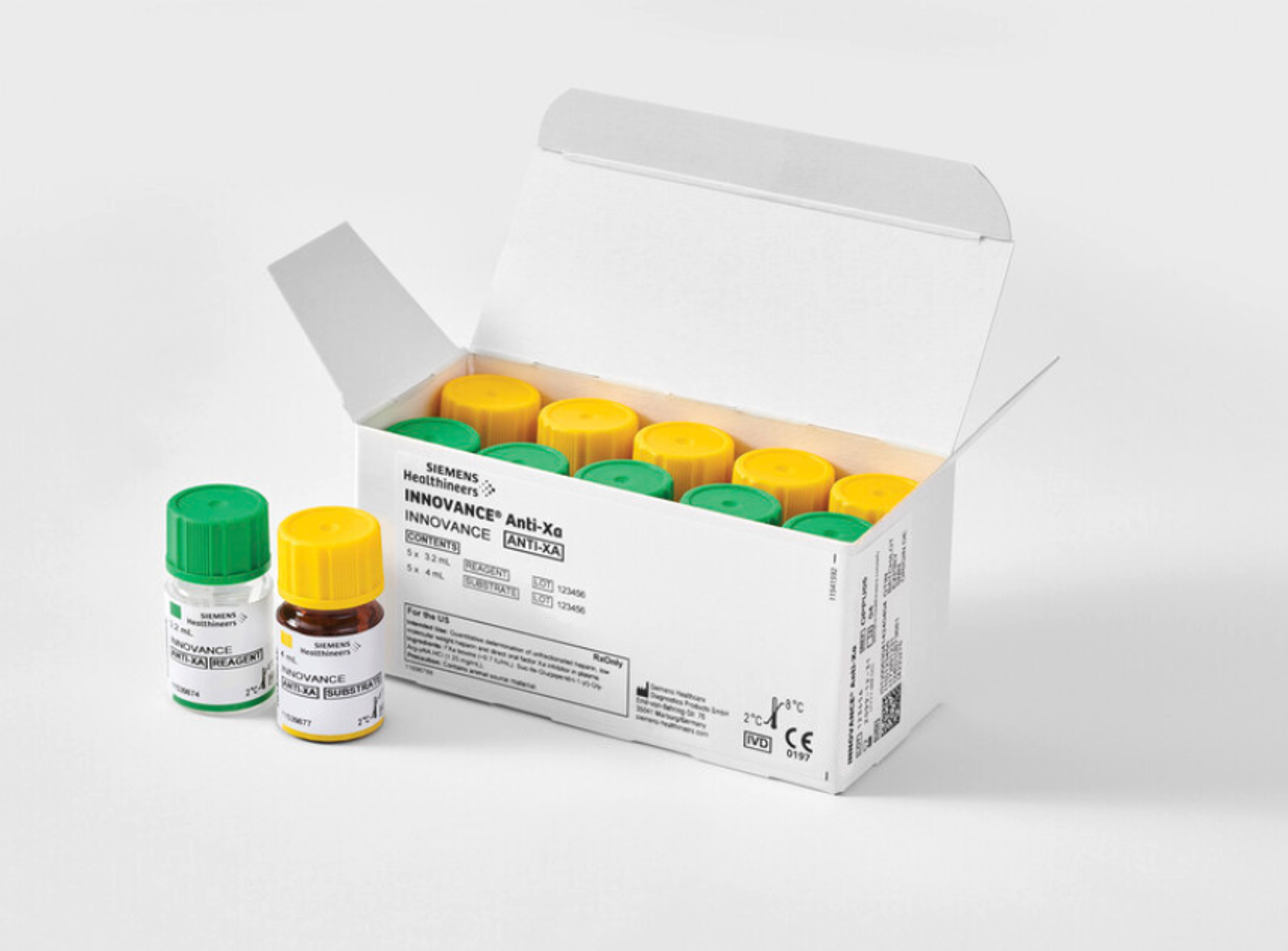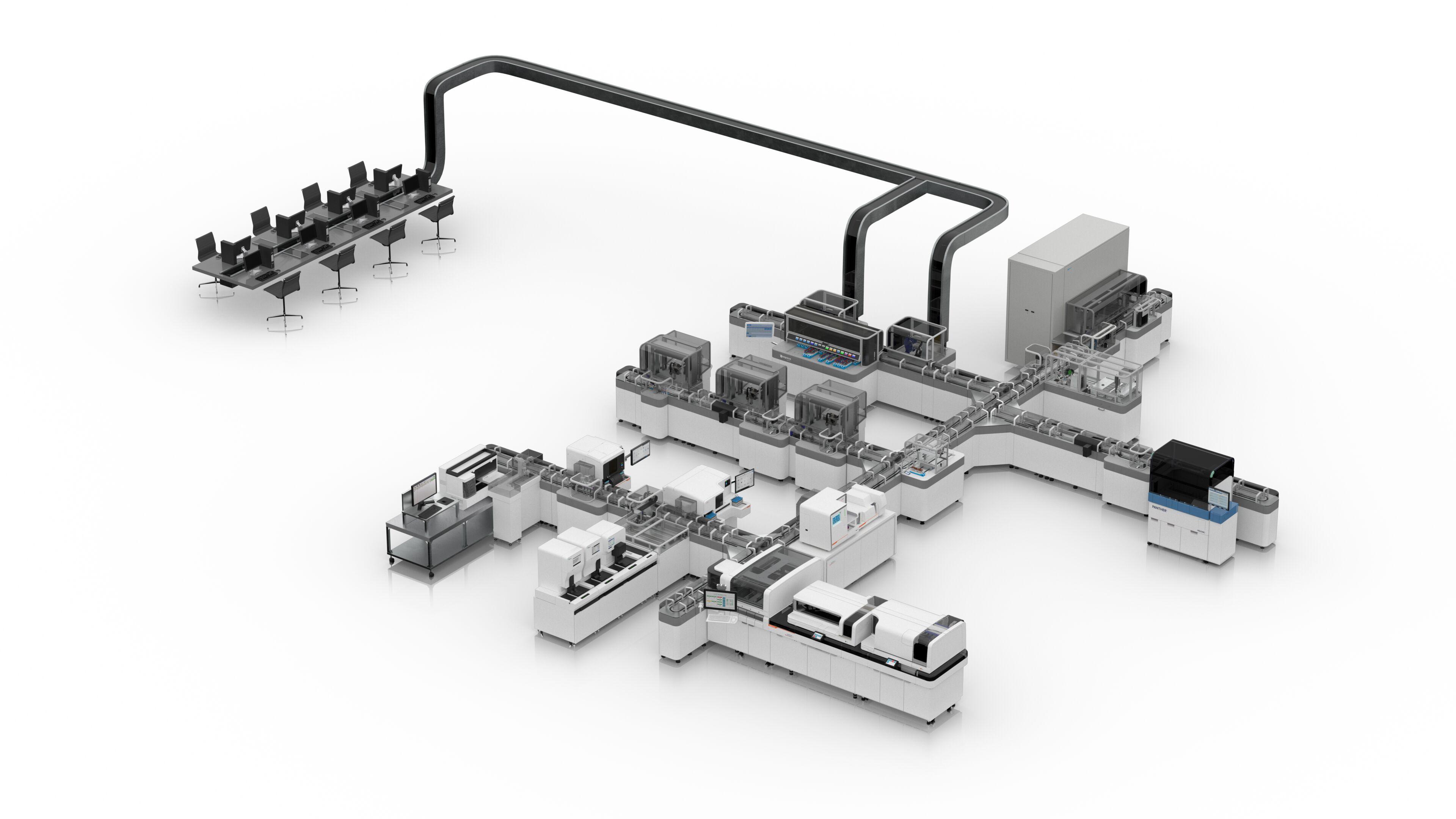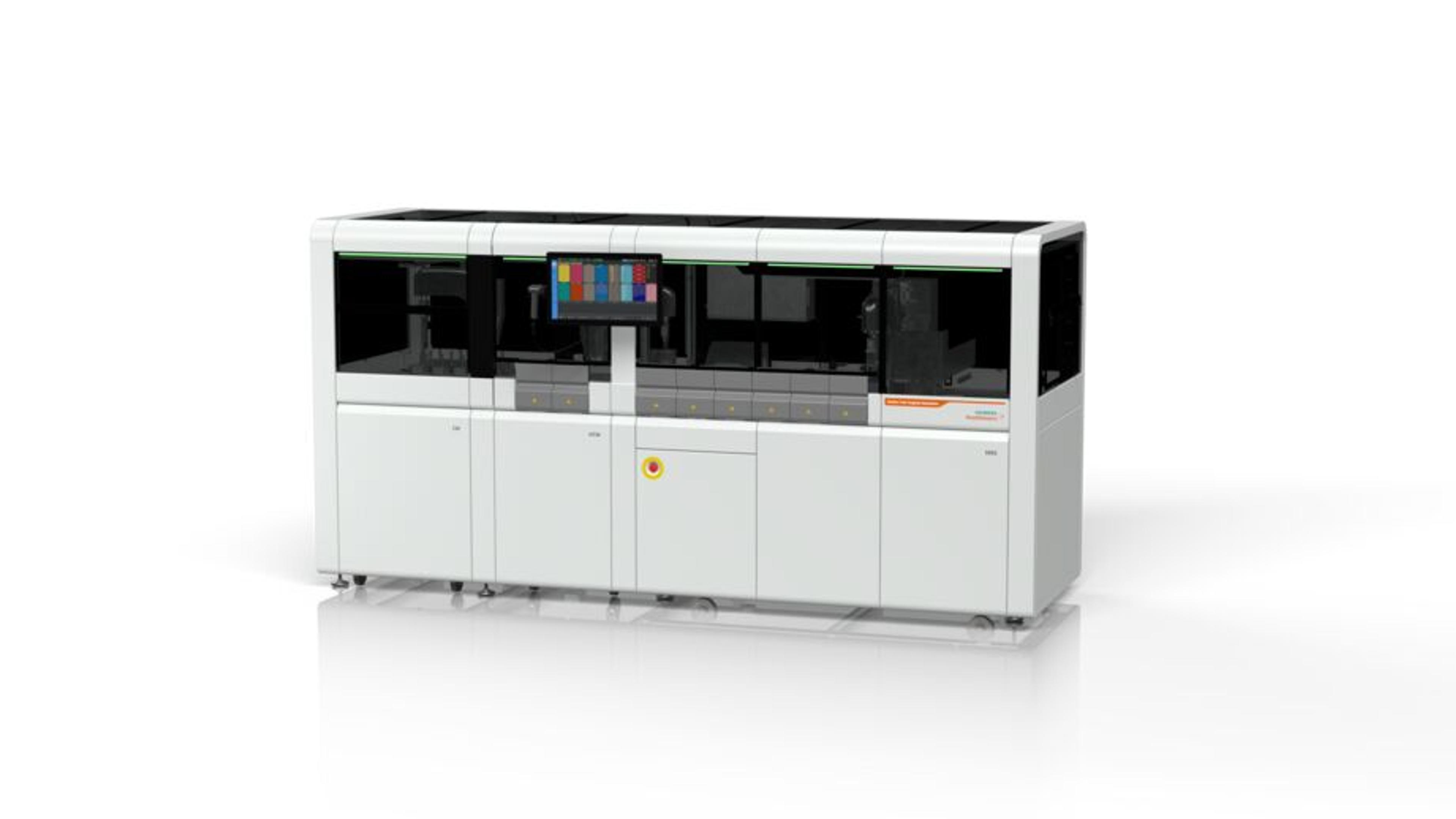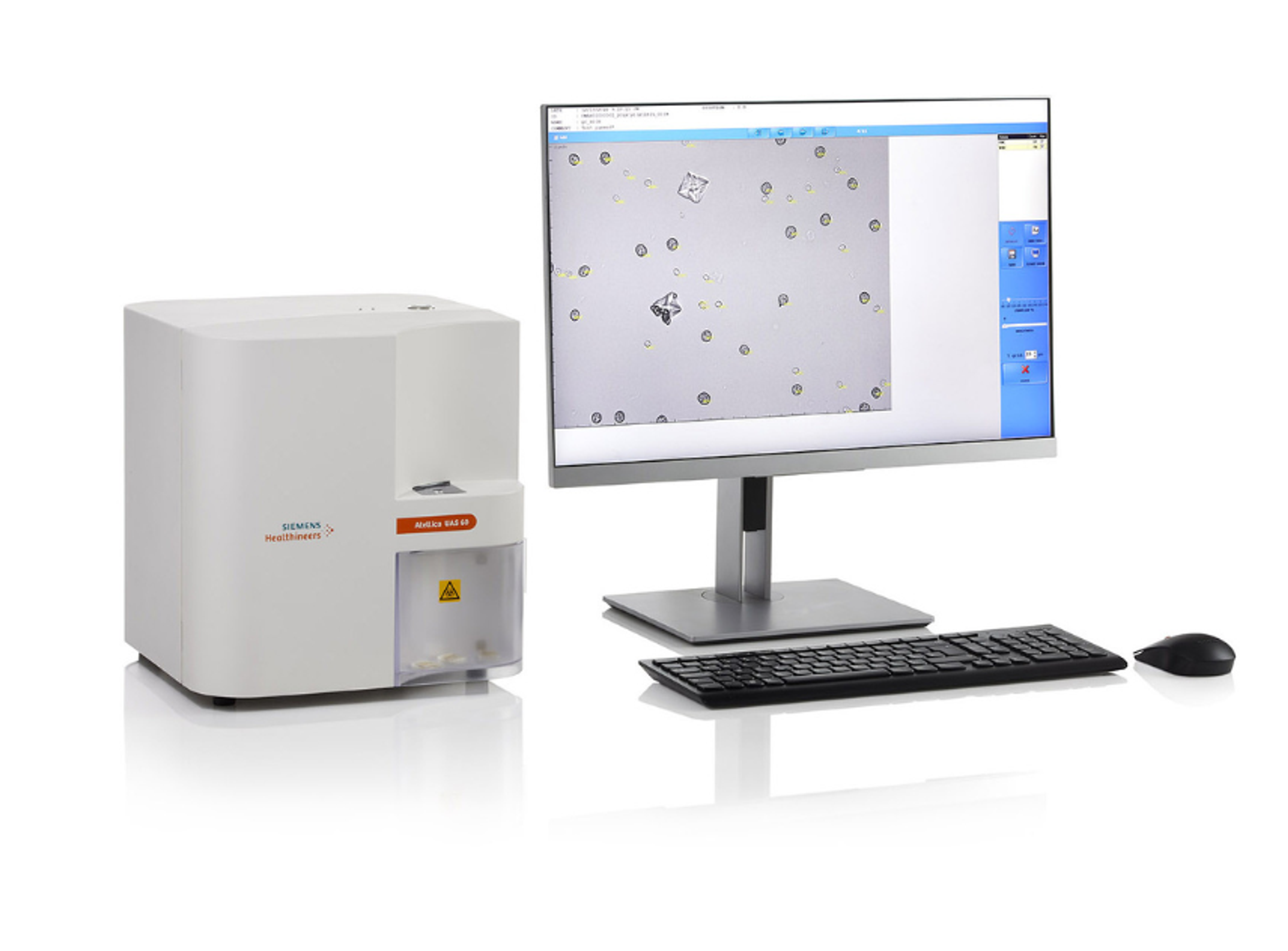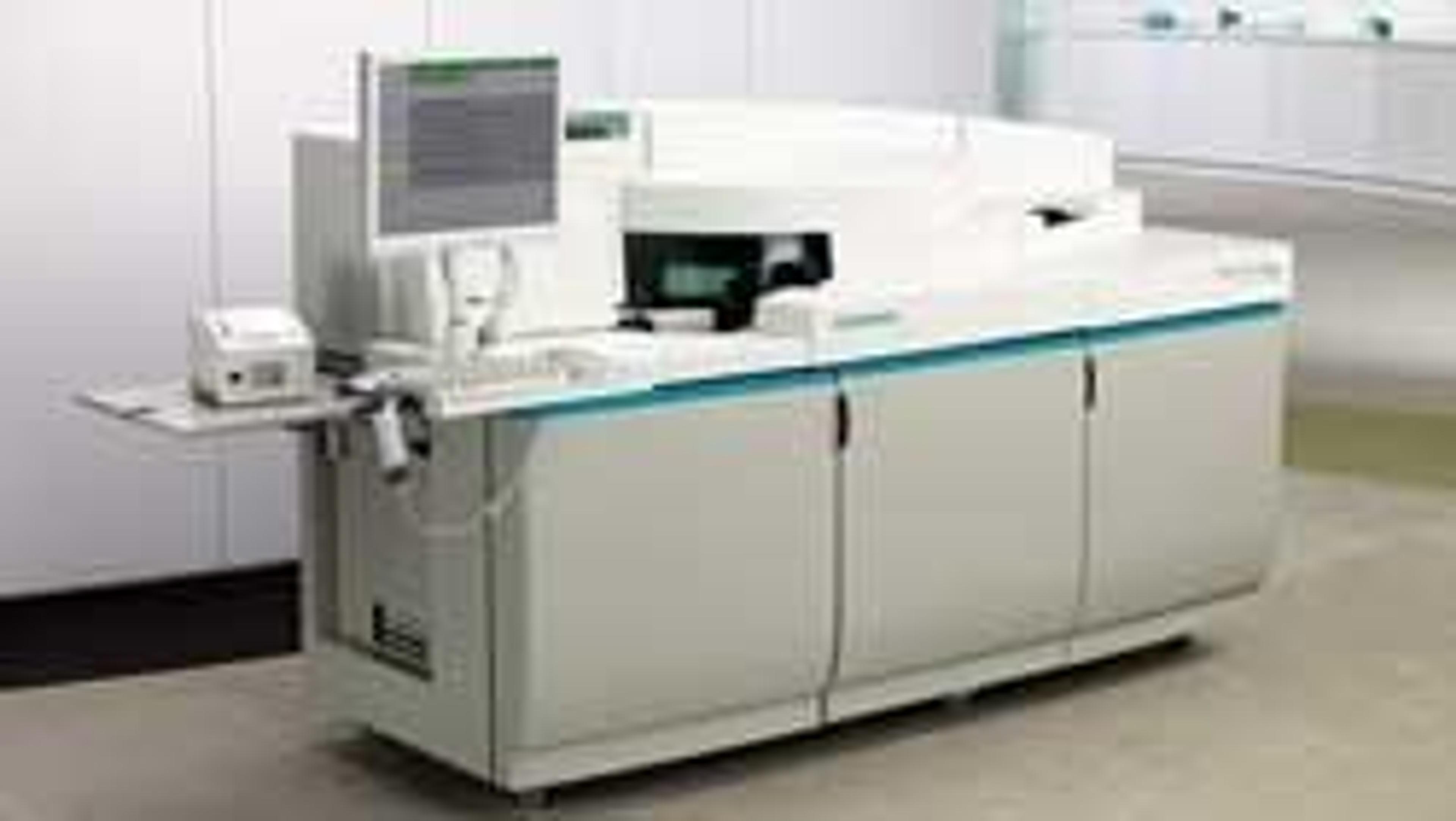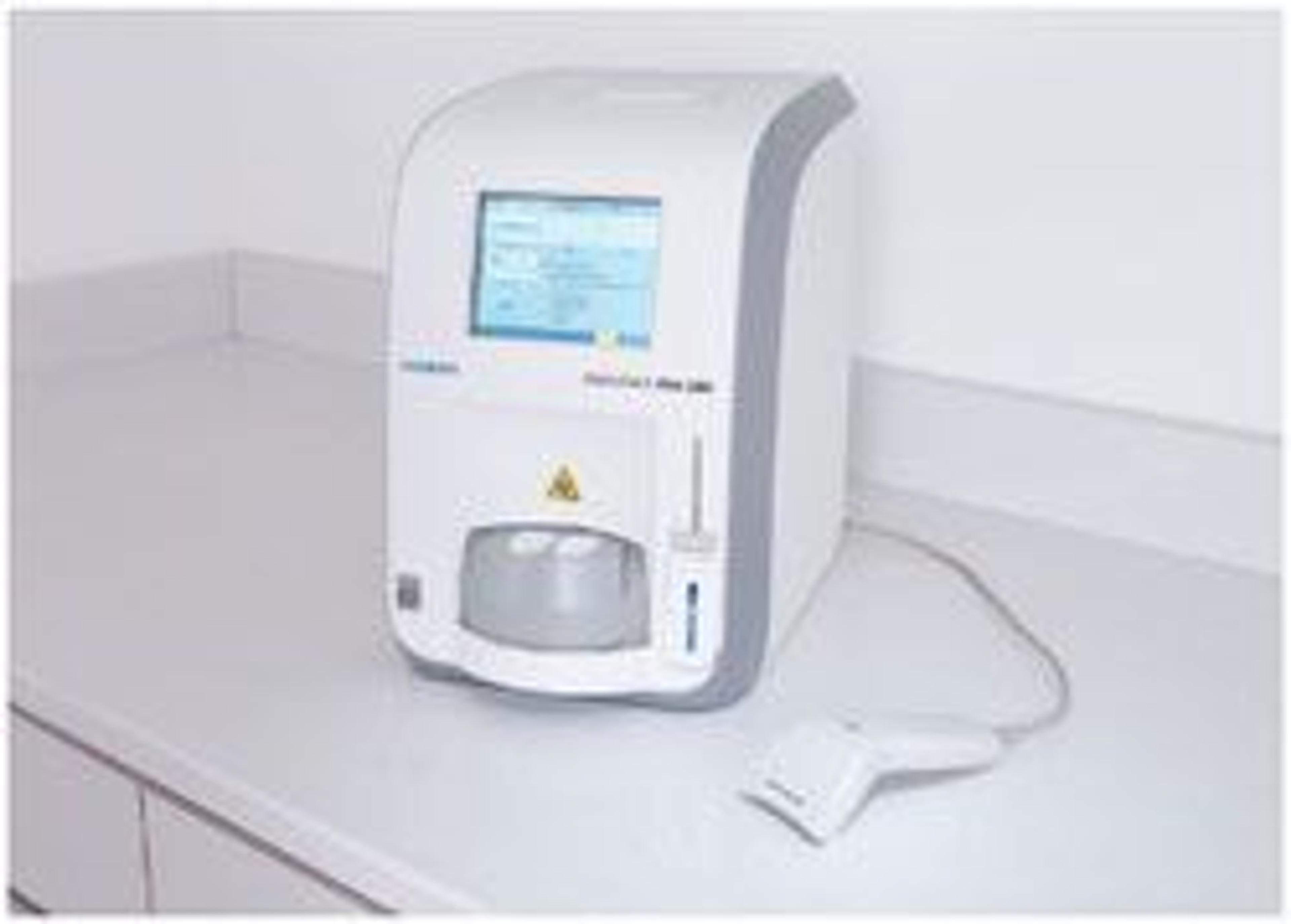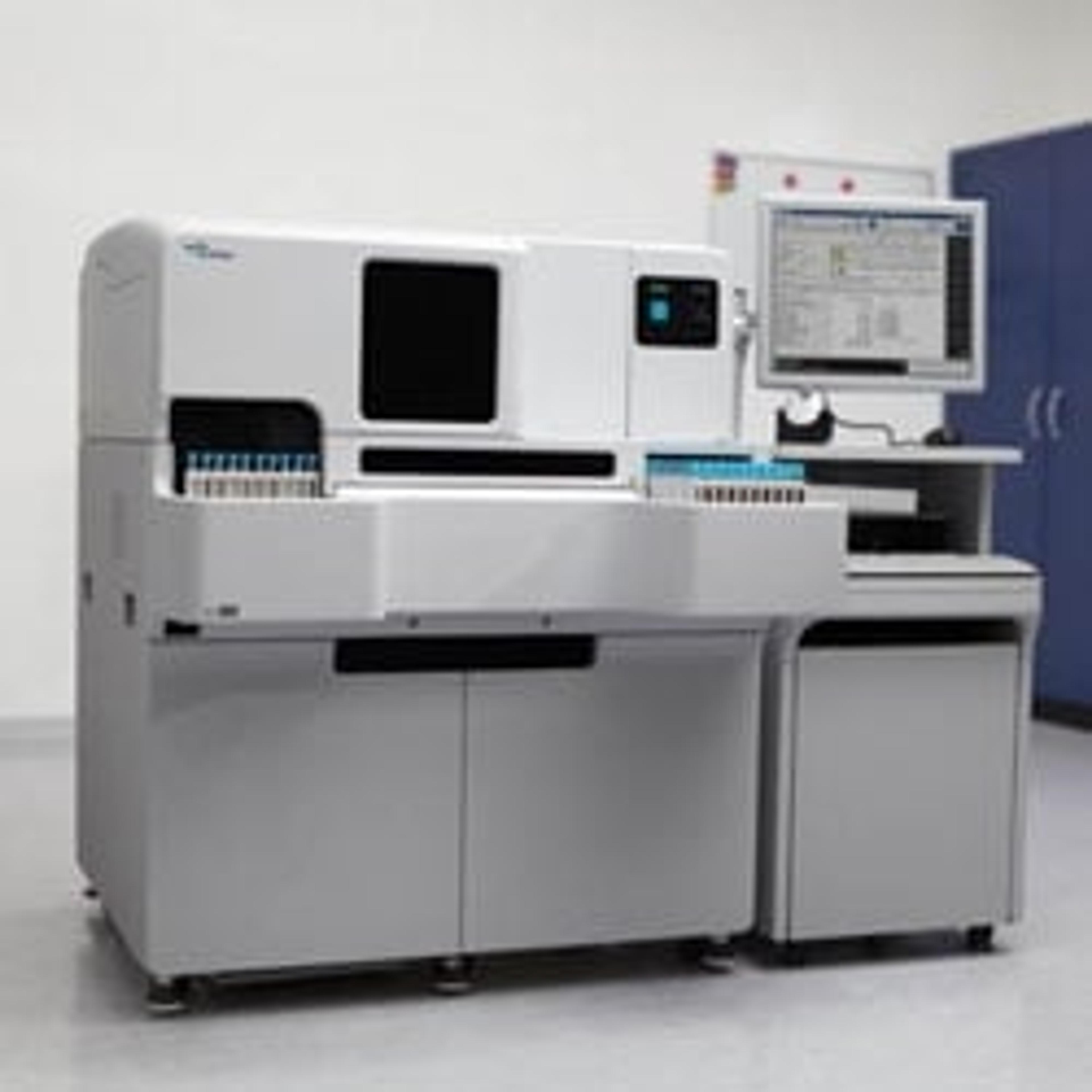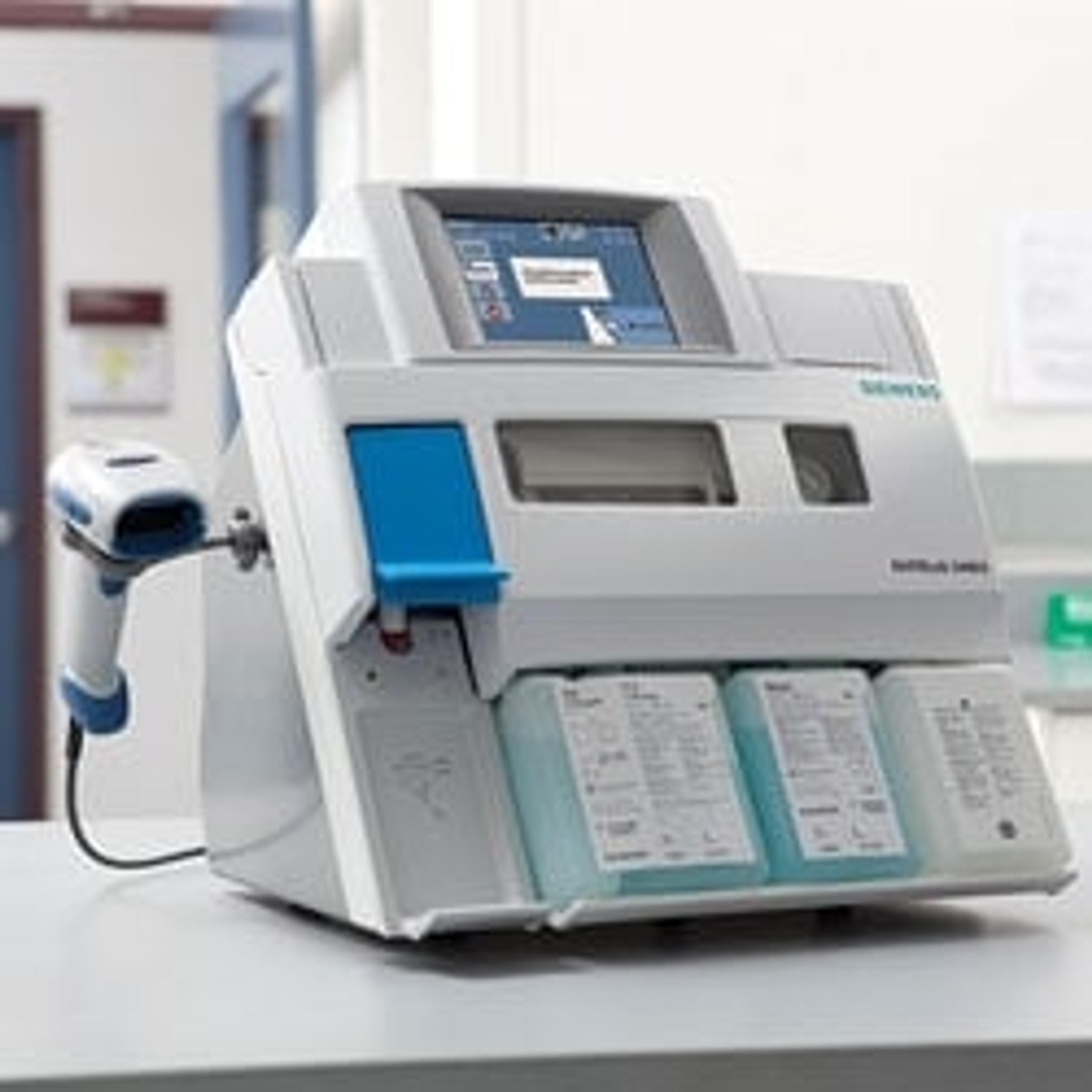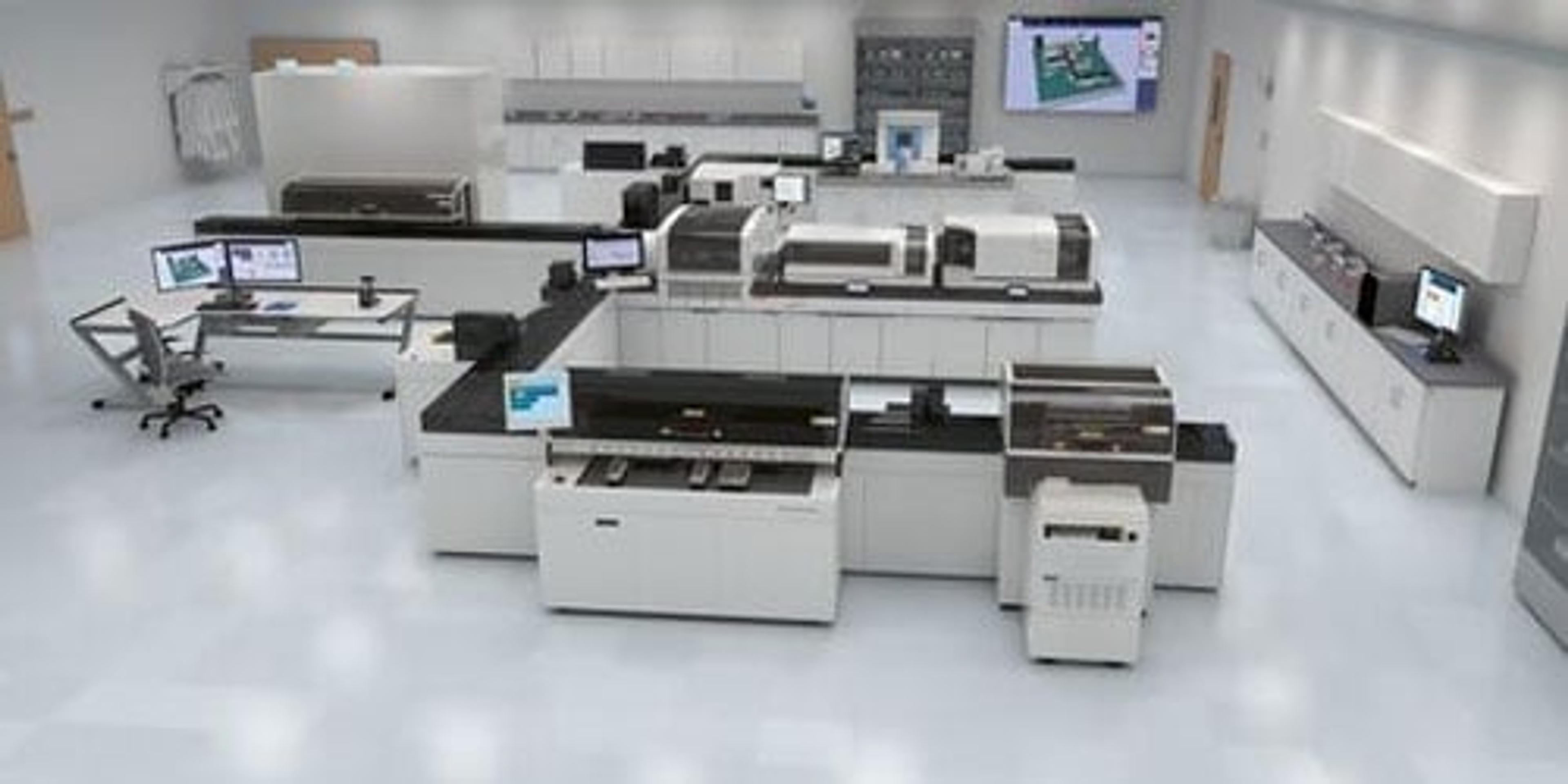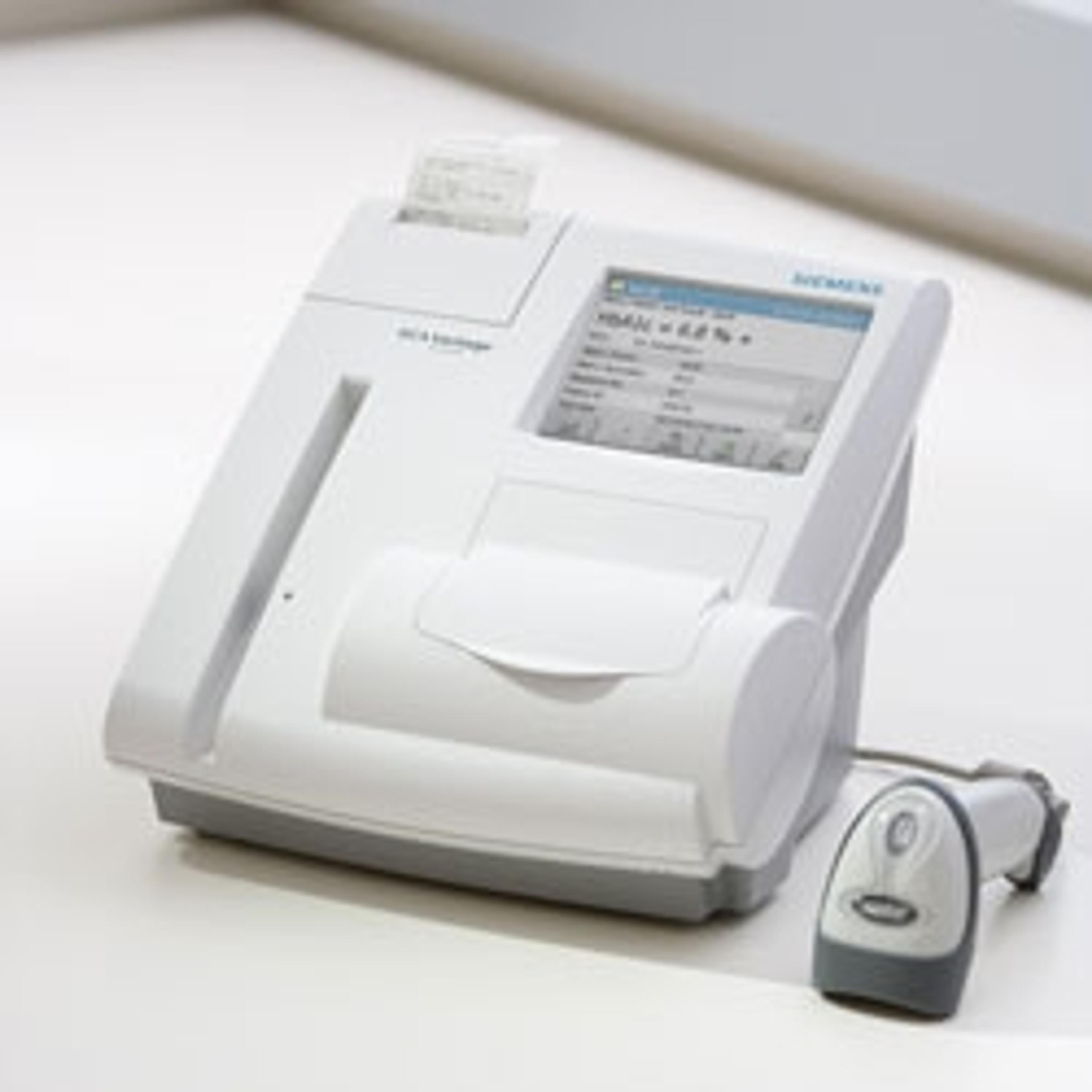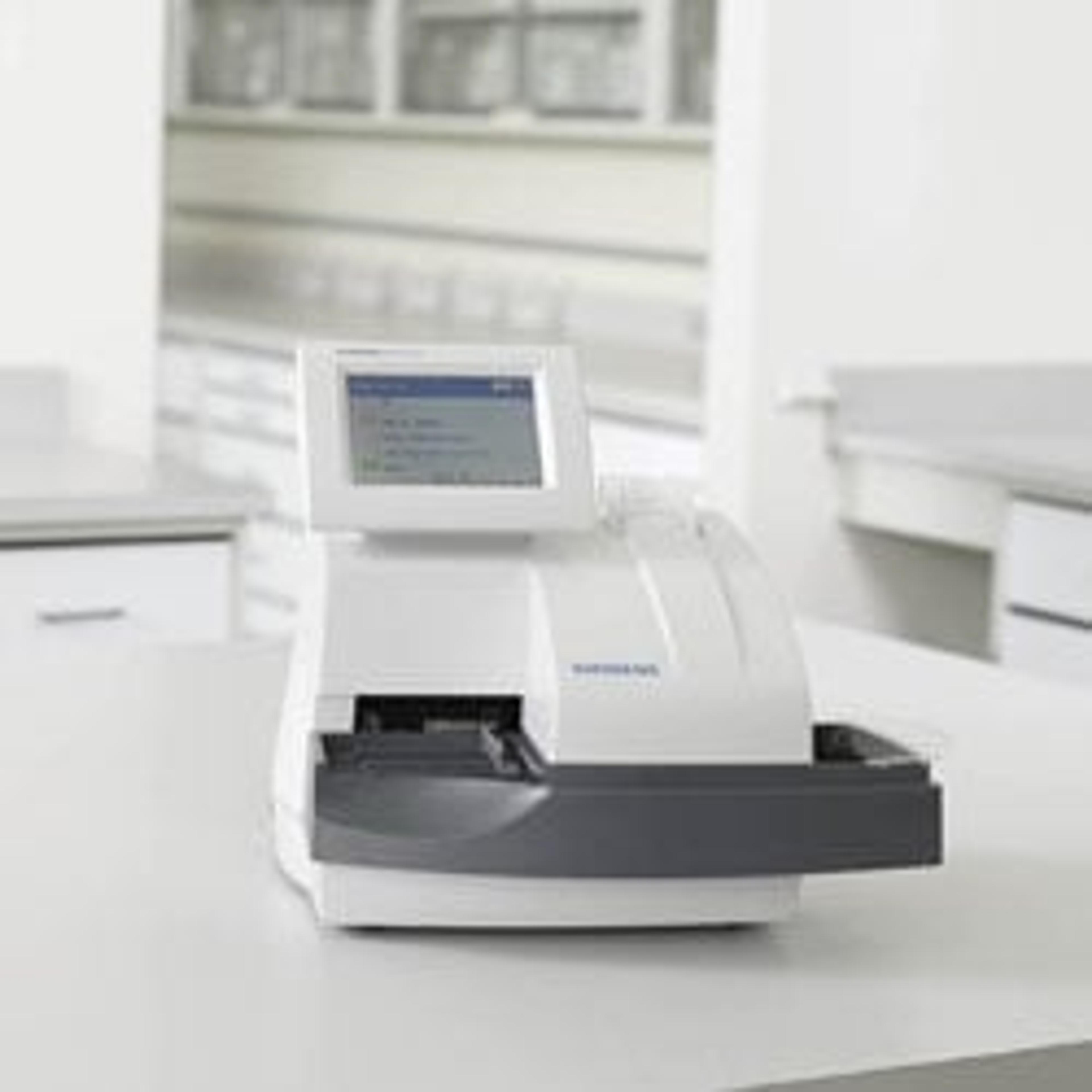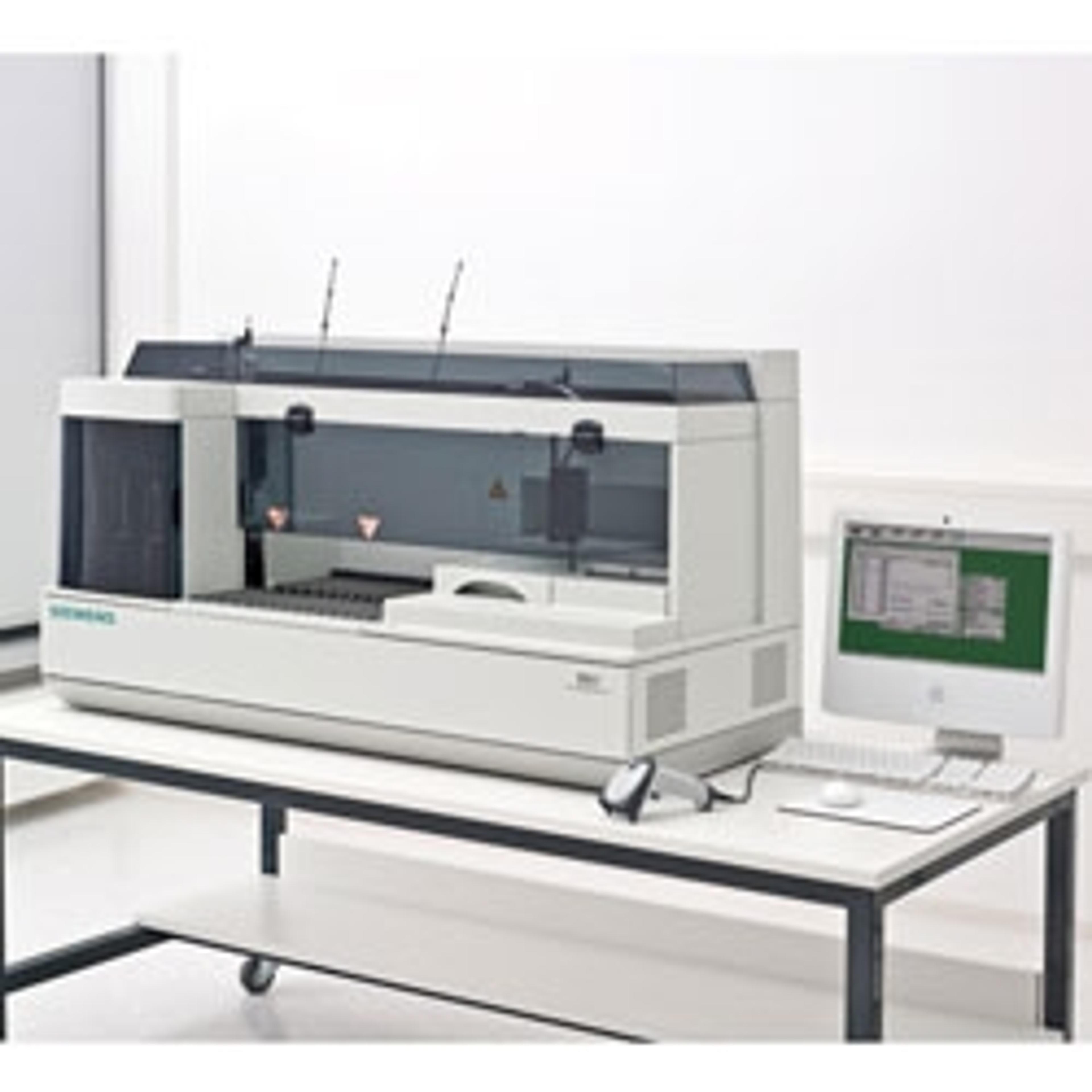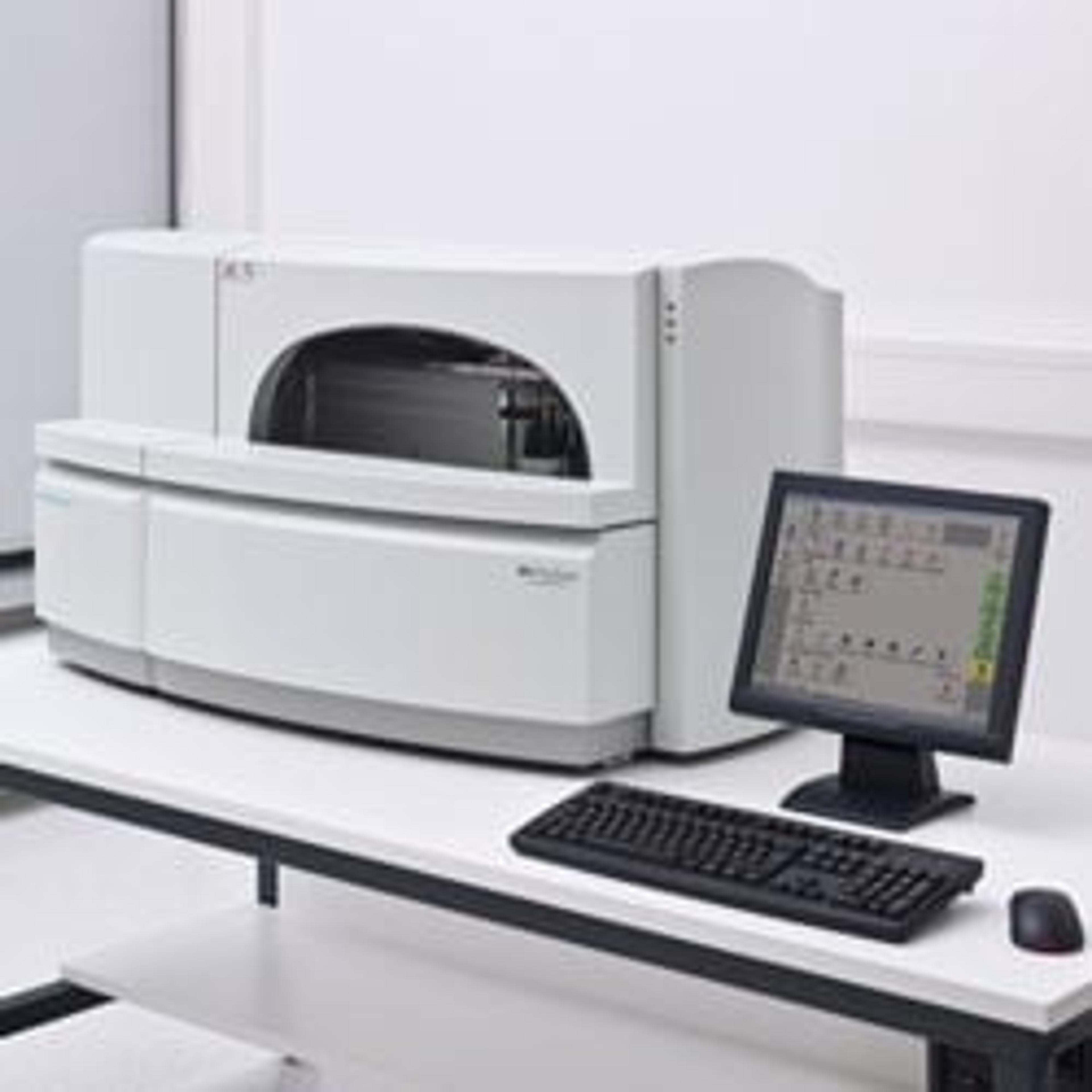IMMULITE 2000/2000 XPi TSI Assay
The IMMULITE 2000/2000 XPi TSI assay detects thyroid stimulating antibodies, the specific cause of GD pathology, with a clinical sensitivity and specificity of 98.6% and 98.5% respectively. With a 65-minute total assay time and ready-to-use, stable reagents, the use of this assay can make the differential diagnosis of GD faster and easier, allowing patients to be diagnosed and treated sooner.
Excellent
As a Technologist run samples and QC, Adjustments
Good instrument, user Frank, QC chart is highly recommended.
Review Date: 25 Jul 2024 | Siemens Healthineers
Affordable and reliable immunoassay analyzer
Immunoassays in blood samples
This analyzer provides multiple options on diagnosis through vast test menu User friendly and reliable in it's accuracy and precision helping make medical decisions easier
Review Date: 18 Dec 2021 | Siemens Healthineers
User friendly, easy maintenance, high quality results
Infectious parameters
High quality results, user friendly instrument, easy maintenance, easy to use consumables.
Review Date: 15 Nov 2021 | Siemens Healthineers
Must-have machine for every clinical laboratory
General laboratory diagnostics
The instrument has a simple and intuitively understandable interface, which makes it very user-friendly even for laboratory technicians with no previous experience with automatic immunoassay systems. A great variety of assays and supportive items (e.g. adapters and microtubes for low-volume specimen testing) makes it a universal machine in laboratory diagnostics. General troubleshooting can easily be done by the machine operator, being based on User Manual or Siemens brochures and online training. However, adjustment and quality control issues (not mentioning tech problems) can be solved only by service engineers, and the amount of time it will take directly depends on your distributor. But still, if the required maintenance is being performed properly, such issues appear very rarely.
Review Date: 29 Sept 2021 | Siemens Healthineers
This is a great machine with a fantastic test menu.
Immunoassay analyzer
The Immulite 2000 is a great analyzer. It is hard to beat the test menu for variety and usefulness. It is a proven platform that keeps running and running. We have been so happy with performance, and reliability. It just keeps pumping out results year after year. It is one of our oldest machines, but it still keeps chugging along. Maintenance is also easy; but monthly maintenance takes a while with getting all the tubing clean. Another bright spot is the tech support. In our area we have great field engineers who are very responsive and reliable. I have not often had to wait for more than 24 hours for someone to get to our facility. The one bad area is the sales support. They are not responsive, or reliable.
Review Date: 5 Dec 2019 | Siemens Healthineers
Graves’ disease (GD) is an autoimmune disorder caused by the presence of thyroid stimulating immunoglobulins (TSI) that bind to the TSH receptor on the thyroid cells and stimulate the uncontrolled production of thyroid hormones. Detecting the presence of TSI in the blood is a powerful diagnostic tool for the differential diagnosis of GD.
TSI measurements are also used to monitor the response to GD therapy and prediction of remission or relapse, confirming Graves’ ophthalmopathy, and for predicting neonatal thyroid hyperthyroidism. Incorporating the TSI assay into existing diagnostic algorithms has been shown to reduce overall direct costs of GD diagnosis by up to 43%, with the net cost of avoiding misdiagnosis reduced by up to 85%.
The IMMULITE® 2000/2000 XPi TSI assay is the first automated and quantitative TSI assay available today. TSH receptor antibody (TRAb) assays detect both thyroid blocking and stimulating antibodies. However, blocking antibodies inhibit TSH stimulation of thyroid cells and lead to hypothyroidism. The IMMULITE 2000/2000 XPi TSI assay detects thyroid stimulating antibodies, the specific cause of GD pathology, with a clinical sensitivity and specificity of 98.6% and 98.5% respectively. With a 65-minute total assay time and ready-to-use, stable reagents, the use of this assay can make the differential diagnosis of GD faster and easier, allowing patients to be diagnosed and treated sooner.





